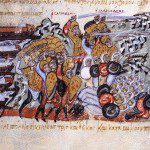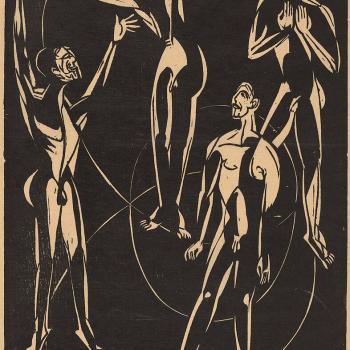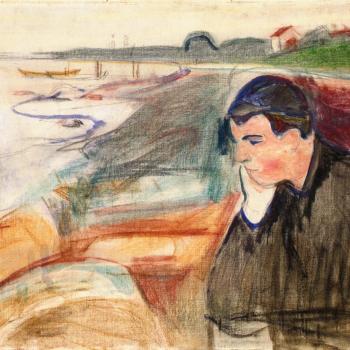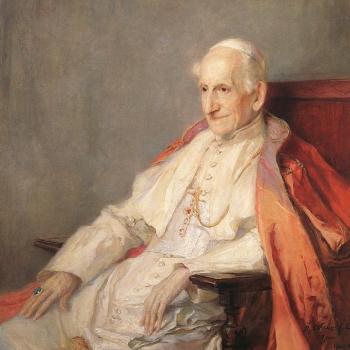
When you tell a lie, you keep it as simple as possible (not, of course, that I’d ever lie). The reason is simple: the more you say, the more you could be challenged on; small inconsistencies begin to develop, and, before you know it, what had once seemed a cohesive story has fallen to pieces.
This is not unlike how we traffic in online arguments. Person One presents his or her position only to have Person Two add details that challenge, as opposed to corroborate, the narrative originally presented. Person One adds details to support his or her point, almost always ignoring the actual information presented as a rebuttal, and so on. Our arguments become massive troves of information—fittingly, of course, information that corroborates what we believe to begin with—but information nonetheless.
An example:
A: Islam is an intrinsically violent religion.
B. Here is an article about Malala, Rumi, or some other “good” figure in the history of Islam.
A: Here is an article about rapes in Sweden or Germany or something.
B: Here is an article about how we bombed most of the Middle East and how great things were before we screwed things up.
A: Here is an article about how people in France live in fear of Jihadist attacks.
B: Here is an article about how suspicious President Trump’s list of “banned” countries is.
And so on, and so on.
Details (here examples) can be devils insofar as they do not actually exist in dialogue with the positions of others; the assertion of evidence absent a critical conversation with one’s interlocutor (and really, with oneself) amounts to gathering up two armies of cartoonish demons, cavorting about—chaotic, destructive, ultimately without purpose aside from some mix of free play and the joy of self-elevation.
But the Devil is in the details in another sense, and, dare I say, this is why good academic research exists. We can disabuse ourselves of the notion that any scholar (any person) is truly and totally disinterested. Everyone has something like an agendum. That said, there are academics whose job largely centers around uncovering the sorts of micro-historical facts that bore the rest of us. Somewhere a textual critic is reviewing 50 manuscripts of some medieval poem to determine just when a scribe added that word that later critics had taken to be the key to the whole thing. Somewhere a grammarian or literary theorist is collating all the possible meanings for some Greek word, enhancing our understanding of just all the ways it might have been used in an important text. Somewhere a historian is digging through dusty archives to find documentation, details that might further illuminate just how the ancients, medievals, or early moderns lived. These people do something like the work of problematizing lies; they interrogate evidence, and seek more out, to complicate the stories we’ve told ourselves.
I have no illusions; those details still need to be used by somebody, tied into an argument. But their very discovery, the painstaking labor of uncovering the various shades of what we call history: that is hard work, and that is a sort of devil in the details.
We’re all guilty of summoning the bad sorts of cartoonish demons out of these nooks and crannies. Few of us can do, at least when it comes to huge historical questions, the work of challenging the narratives that exist, uncovering the evidence itself. But we can all be discerning in what we choose to deploy when we argue.
It’s not all that unlike last weekend’s Gospel in the Roman Church. The Pharisees bring a narrative, as does the man Jesus healed. So invested in their own ways, in their own precepts, they blind themselves spiritually and refuse to believe the man, asking him over and over for a better explanation, never pausing to question themselves, or move beyond their loaded questions.












